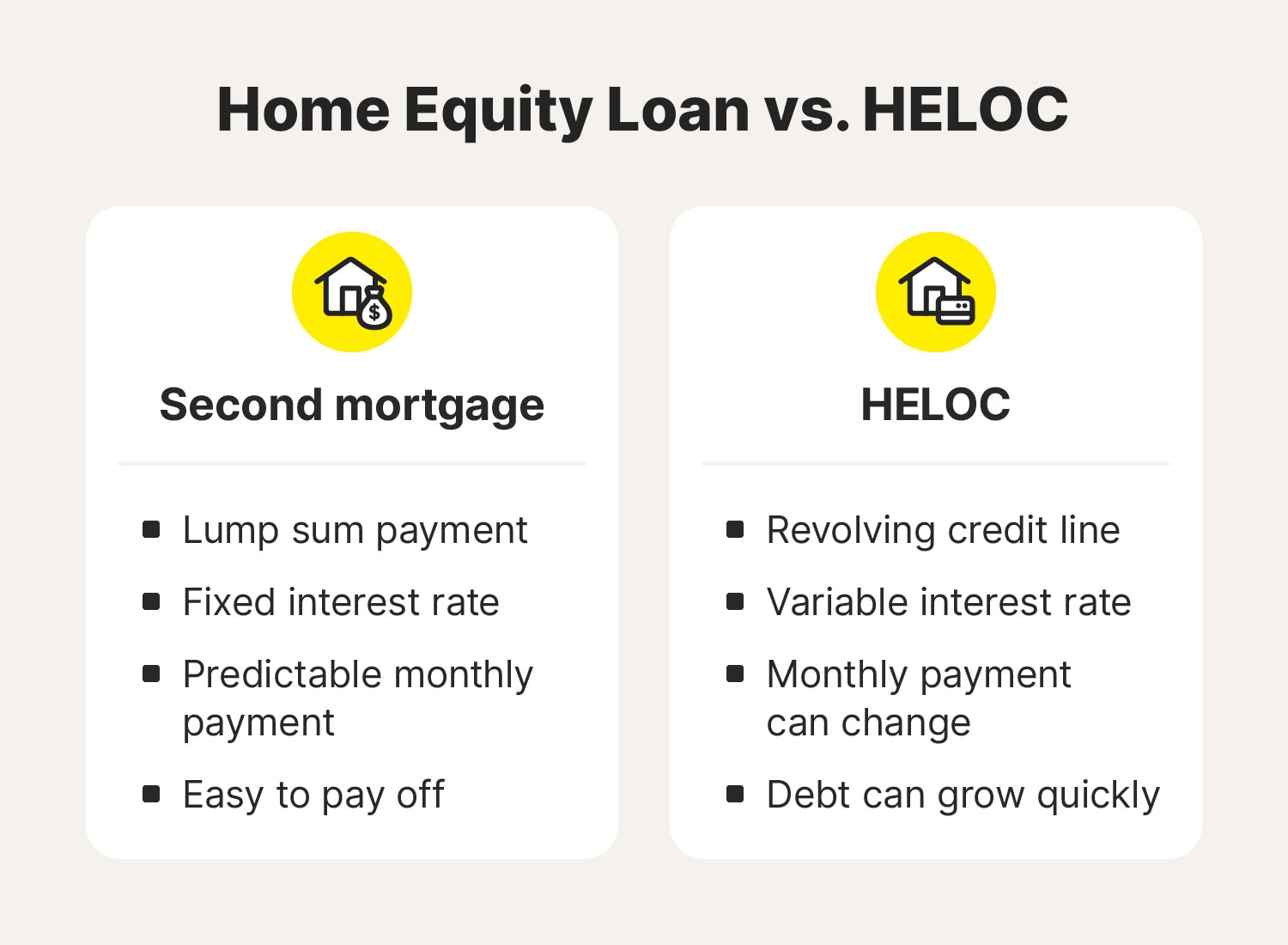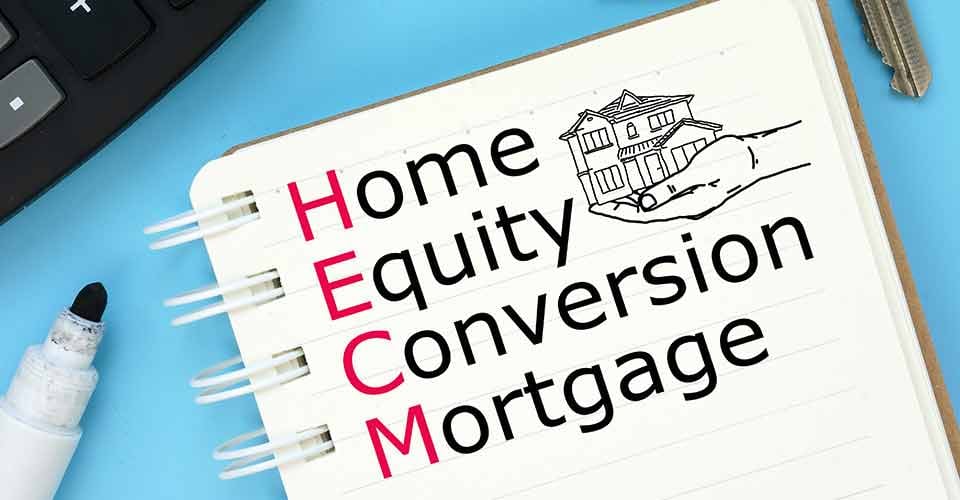All You Need You Need to Know About Equity Release Mortgages
Exploring the Various Sorts Of Equity Release Mortgages Available Today
Equity Release mortgages present different options for home owners aged 55 and over. equity release mortgages. These monetary products satisfy various demands and preferences, permitting individuals to access funds from their home. From lifetime home loans to shared recognition home loans, each kind supplies unique benefits. Understanding these choices is essential for making notified decisions. What variables should one take into consideration when picking one of the most ideal equity Release strategy? The details that adhere to might clarify this crucial subject
Recognizing Equity Release Mortgages
Equity Release home loans supply home owners, typically those aged 55 and over, with a method to access the value bound in their home without requiring to sell it. This economic alternative permits individuals to transform a section of their home equity into cash money, which can be made use of for different functions, such as home renovations, repaying financial obligations, or financing retirement.Equity Release can take different forms, yet it essentially includes loaning against the worth of the home while preserving possession. Property owners can pick to obtain a swelling sum or a series of smaller repayments, relying on their economic demands and preferences.Additionally, the quantity readily available for Release is influenced by the building's value, the house owner's age, and certain lender criteria. On the whole, comprehending equity Release mortgages is necessary for property owners to make educated decisions about touching right into their home's equity while taking into consideration the long-term ramifications.
Lifetime Mortgages
Lifetime home mortgages represent one of one of the most popular types of equity Release. This economic product permits homeowners, usually aged 55 or older, to obtain against the worth of their property while retaining ownership. The loan, which is secured versus the home, accumulates interest in time but does not need month-to-month repayments. Instead, the financing and built up rate of interest are paid back when the house owner passes away or moves into long-lasting care.Lifetime mortgages offer versatility, as consumers can select to obtain a lump amount or go with a drawdown center, accessing funds as required. Notably, many strategies come with a no-negative-equity warranty, guaranteeing that debtors will certainly never owe greater than the worth of their home. This attribute gives assurance, permitting people to appreciate their retirement without the concern of depleting their estate. On the whole, life time mortgages offer as a feasible choice for those looking for financial backing in later life.
Home Reversion Program

Drawdown Life Time Mortgages
While several home owners seek ways to access their wide range, drawdown life time home mortgages provide a flexible alternative that permits people to Release funds slowly. This kind of equity Release home mortgage allows property owners to borrow against the worth of their residential or commercial property while maintaining ownership. Unlike conventional life time home mortgages, drawdown plans allow consumers to access a section of their equity upfront and withdraw extra funds as needed, approximately an established limit.This function can be particularly helpful for those that wish to manage their funds very carefully, as it reduces passion accumulation by only billing rate of interest on the amounts drawn. In addition, drawdown lifetime mortgages often come with a "no unfavorable equity assurance," guaranteeing that borrowers will never ever owe more than their home's value. This choice fits senior citizens that desire financial safety and security and flexibility, permitting them to satisfy unanticipated costs or keep their lifestyle without needing to sell their residential property.
Improved Lifetime Mortgages
Improved Life time Mortgages use unique benefits for qualified home owners looking for to Release equity from their properties. Recognizing the eligibility requirements is crucial, as it determines that can take advantage of these specialized fundings. It is likewise crucial to review the prospective disadvantages associated with improved alternatives, making sure a well-rounded point of view on their use.
Qualification Standards Explained
Comprehending the qualification requirements for Boosted Life time Mortgages is essential for possible candidates looking for to access the equity in their homes. Typically, applicants should be aged 55 or older, as this age demand is conventional in the equity Release market. Home owners should possess a building valued at a minimal limit, which can differ by lender. Importantly, the residential or commercial property has to be their primary residence and in good condition. Lenders commonly analyze the homeowner's health and wellness condition, as particular health and wellness conditions might boost eligibility and advantages. go to my blog Furthermore, applicants should not have existing significant debts protected versus the building. Fulfilling these standards allows individuals to explore Boosted Lifetime Home mortgages as a sensible choice for accessing funds locked up in their homes.
Advantages of Boosted Home Mortgages
After making clear the qualification standards, it comes to be noticeable that Improved Lifetime Home loans supply several substantial advantages for home owners wanting to utilize their building equity. Mostly, they supply access to a larger finance quantity compared to standard life time mortgages, benefiting those with wellness problems or age-related variables that increase their life span danger. This enhanced loaning capability enables property owners to fulfill numerous financial needs, such as home improvements or retirement expenses. Additionally, these home loans generally feature adaptable settlement alternatives, making it possible for customers to manage their finances a lot more effectively. The no-negative-equity assurance additionally guarantees that home owners will certainly never owe greater than their residential property's value, offering satisfaction. Generally, Improved Life time Home loans provide an engaging choice for eligible homeowners seeking financial solutions.
Prospective Drawbacks Thought About
While Enhanced Lifetime Home loans offer various benefits, potential disadvantages warrant careful factor to consider. One considerable problem is the influence on inheritance; the equity released reduces the value of the estate delegated beneficiaries. Furthermore, these home loans can accrue substantial interest with time, resulting in a substantial debt that may surpass the initial lending amount. There may also be constraints on building alterations or rental, limiting home owners' flexibility. Improved items often require details health conditions, indicating not all homeowners will certify. Managing the costs and charges linked with these home mortgages can be intricate, potentially leading to unexpected expenses. As an outcome, individuals ought to thoroughly assess their circumstance and seek advice from economic experts before proceeding.
Shared Admiration Mortgages
Shared Appreciation Home loans represent an unique monetary plan that allows home owners to accessibility equity while sharing future property worth raises with the lender. This strategy uses prospective benefits such as minimized month-to-month settlements, but it also includes drawbacks that must be carefully considered. Understanding the qualification needs is necessary for those thinking about this choice.
Concept Overview
Equity Release home loans, especially in the form of shared gratitude home mortgages, offer house owners an unique financial solution that allows them to gain access to funds by leveraging the worth of their residential property. In this arrangement, a loan provider gives a financing to the homeowner, which is usually paid off with a share of the residential or commercial property's future appreciation in value. This indicates that when the home owner offers the residential or commercial property or dies, the lending institution receives a percentage of the increased worth, instead of simply the preliminary financing amount. Shared appreciation mortgages can be appealing for those seeking to supplement their earnings or financing significant expenses while keeping possession of their home. The economic effects of common recognition should be carefully thought about by prospective consumers.
Drawbacks and benefits
Common gratitude home loans can provide considerable economic benefits, they also come with significant disadvantages that potential debtors must consider. These mortgages allow homeowners to gain access to equity in their buildings while sharing a part of any type of future admiration with the lender. This plan can be advantageous during times of increasing property worths, using considerable funds without regular monthly payments. The main downside is the potential loss of equity; house owners might end up with appreciably decreased inheritance for successors. Furthermore, the intricacy of the terms can cause misunderstandings relating to payment obligations and the percent of gratitude owed. Consequently, it is crucial for borrowers to evaluate these elements very carefully before devoting to a common recognition home loan.
Eligibility Demands
What requirements must homeowners fulfill to qualify for a shared appreciation home mortgage? Largely, candidates need to go to least 55 years old, assuring they are within the target demographic for equity Release products. In addition, the home should be their key home and commonly valued over a specified minimum threshold, often around ? 100,000. Lenders likewise assess the homeowner's economic conditions, consisting of earnings and arrearages, to establish they can take care of the home mortgage sensibly. Notably, the property should be in good condition and totally free from substantial legal encumbrances. Property owners must additionally have a clear understanding of the terms, including exactly how recognition will certainly be shared with the lender upon sale or transfer of the residential property, as this affects total returns.
Picking the Right Equity Release Choice

Often Asked Concerns
What Age Do I Required to Be for Equity Release?
The age need for equity Release typically starts at 55 for many plans. However, some suppliers may supply options for those aged 60 and above, mirroring varying terms based on specific circumstances and lending institution policies.
Will Equity Release Impact My Inheritance?
Equity Release can influence inheritance, see this here as the quantity borrowed plus rate of interest decreases the estate's worth. Successors may receive much less than prepared for, depending on the property's recognition and the overall financial debt at the time of passing.
Can I Relocate Home With Equity Release?
The question of moving house with equity Release arises frequently. Typically, people can transfer their equity Release strategy to a new residential or commercial property, however certain terms might apply, needing examination with the loan provider for assistance.
Are There Costs Associated With Equity Release Mortgages?
Costs connected with equity Release mortgages can include arrangement costs, appraisal charges, and legal costs. In addition, there might be very early repayment charges, which can affect the total expense and monetary ramifications for the customer.
How Does Equity Release Influence My Tax Scenario?
Equity Release can influence one's tax circumstance by potentially increasing taxable revenue, as released funds are taken into consideration resources. It normally does not incur prompt tax obligations, making it necessary to consult a monetary expert for personalized assistance.
Verdict
In recap, the variety of equity Release home loans readily available today offers house owners aged 55 and over several paths to access their building's value - equity release mortgages. Whether deciding for a lifetime mortgage, home reversion plan, or various other choices, each alternative provides distinctive advantages customized to specific financial requirements. Mindful consideration and examination with an economic advisor are necessary to ensure the chosen equity Release remedy straightens with individual objectives and monetary situations, ultimately facilitating informed decision-making for a safe and secure monetary future. Equity Release mortgages present various options for homeowners aged 55 and over. Equity Release home loans give house owners, commonly those aged 55 and over, with a way to access the worth tied up in their residential or commercial property without requiring to sell it. Boosted Life time Mortgages supply unique benefits for qualified property owners looking for to Release equity from their residential properties. Equity Release home loans, specifically in the type of shared recognition home mortgages, provide homeowners a special economic remedy that allows them best site to access funds by leveraging the worth of their residential or commercial property. In summary, the variety of equity Release home loans available today provides property owners aged 55 and over multiple paths to access their residential or commercial property's value